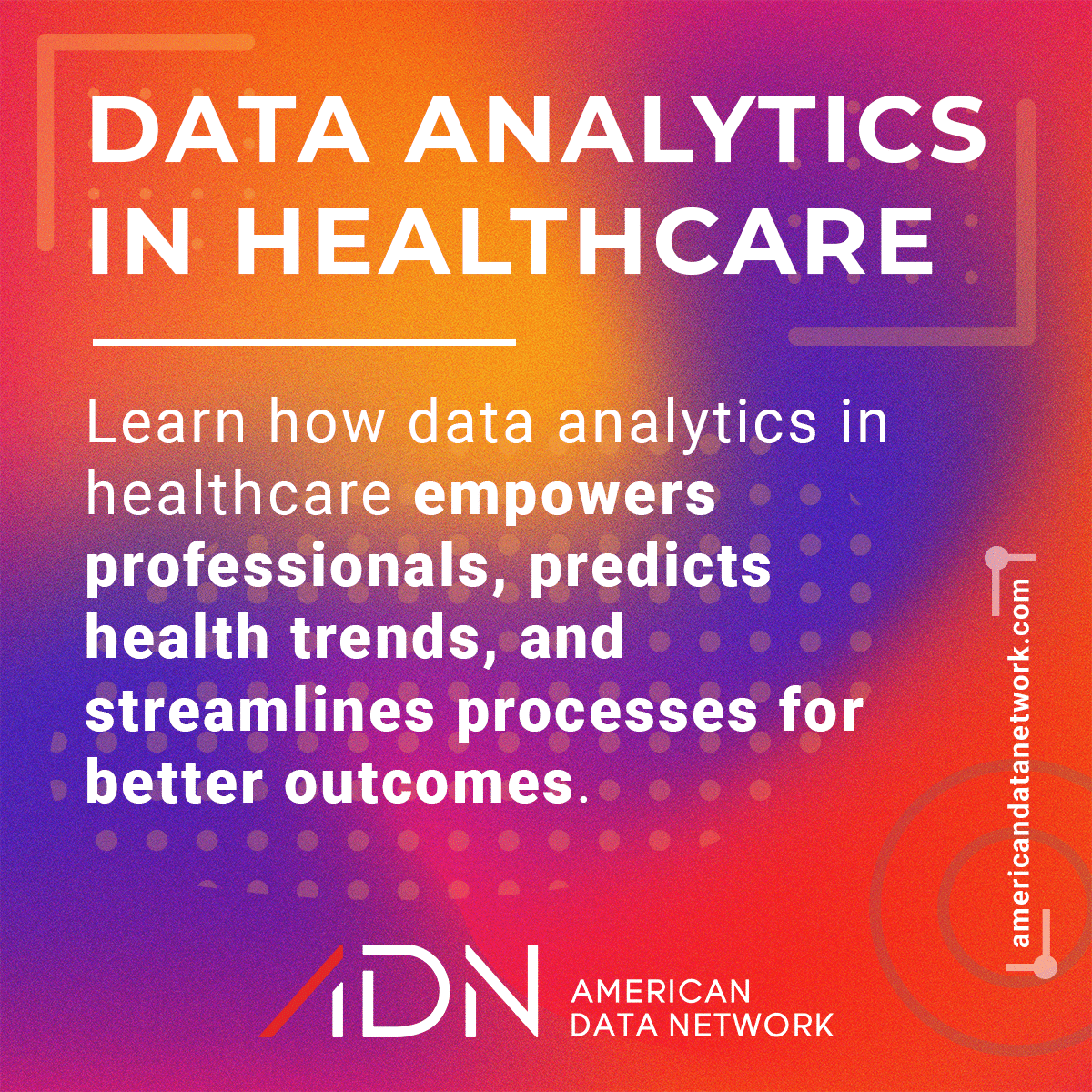Table of Contents
- What Are 8 Benefits of Big Data Analytics in Healthcare?
- Improving Patient Care
- Predictive Analysis for Preventative Care
- Management of Chronic Diseases
- Enhanced Data Management
- Empowering Healthcare Professionals
- Efficiency in the Healthcare System
- Medical Device Integration
- Informed Long-Term Strategies
- The Future of Data Analytics in Healthcare
In today’s digital era, healthcare is undergoing a significant transformation. At the heart of this change is data analytics in healthcare, a tool that enables professionals to examine vast amounts of information, derive meaningful insights, predict health outcomes, and enhance decision-making in clinical settings. Effective clinical data management in healthcare plays a critical role in this transformation by ensuring data is organized and actionable for better decision-making.
Big data analytics in healthcare taps into large and diverse data sets, ranging from patient records to medical device outputs. The use of data analytics in healthcare opens a realm of possibilities that continue to shape the future of patient care.

What Are 8 Benefits of Big Data Analytics in Healthcare?
1. Improving Patient Care
Through the use of data analytics in healthcare, a vast amount of clinical data can be assessed. Treatments can be fine-tuned and customized for individual patients, leading to more precise care. This personalized approach helps healthcare providers anticipate and address unique needs, resulting in enhanced health outcomes and increased patient trust in the system. Hospitals can further enhance their processes by focusing on closing the skill gap within their healthcare teams, ensuring they have the competencies necessary to interpret and act on data insights.
2. Predictive Analysis for Preventative Care
One of the standout benefits of big data analytics in healthcare is its predictive capabilities. Healthcare providers can now foresee potential health complications based on historical data. Such predictive analytics can flag high-risk patients, enabling early interventions and reducing the potential for severe complications or costly treatments down the line.
For example, a 2023 study found that a machine learning algorithm was able to identify individuals at high risk of developing type 2 diabetes with an accuracy of 94%. Another study from 2019 found that predictive analytics models can accurately identify individuals at high risk of developing type 2 diabetes, even in those with no known risk factors. The models that performed the best were those that used a combination of clinical and demographic data.
Facilities looking to enhance their predictive abilities should consider implementing a robust data analytics service to maximize the value derived from their data.
3. Management of Chronic Diseases
Chronic diseases require long-term management, and data analytics in healthcare helps monitor these conditions effectively. By analyzing patterns over time, healthcare providers can adjust treatment plans, improve patient quality of life, and reduce hospitalizations.
4. Enhanced Data Management
With the explosion of big data in healthcare, the need for structured and efficient data management is evident. Data analytics tools can organize, clean, and make sense of vast amounts of structured and unstructured data. This not only ensures the integrity of data but also facilitates swift access and retrieval, crucial in emergency medical situations.
5. Empowering Healthcare Professionals
The real-time information derived from business intelligence tools, underpinned by robust data analytics in healthcare, can be a game-changer. It empowers professionals to make critical decisions confidently, knowing they are backed by accurate, up-to-date data. This empowerment can reduce medical errors and improve overall healthcare delivery.
Example American Data Network partnered with a hospital system to simplify the prior authorization process for high-tech imaging. This project, underpinned by data analytics, reduced administrative burdens and improved provider satisfaction. For healthcare systems aiming to optimize performance, utilizing a dedicated data analytics consulting partner can yield similar benefits.
6. Efficiency in the Healthcare System
By leveraging data analytics, healthcare institutions can identify inefficiencies – from patient admissions to treatment pathways – and streamline operational workflows. This leads to cost savings, reduced patient wait times, and overall improvements in the patient experience.
In one 2015 study, researchers used data analytics to identify areas where the hospital system could improve efficiency in its patient scheduling and admissions process. They implemented a number of changes, such as developing new scheduling algorithms and streamlining the paperwork required for admission, which resulted in $10 million annually in cost savings, a reduction in patient wait times, and an improvement in the overall patient experience.
Facilities can also improve operational efficiency by adopting tools from a high reliability organization guide, which offers insights into building systems that are both efficient and patient-centered.
7. Medical Device Integration
Modern medical devices, ranging from wearable health monitors to hospital-grade machines, produce enormous volumes of data. Integrating and analyzing this data through healthcare analytics tools can provide real-time insights. These insights can be crucial for tracking a patient’s recovery, understanding side effects, or even predicting potential health issues.
8. Informed Long-Term Strategies
By analyzing historical and current data, healthcare institutions can make more informed predictions about future health trends, potential epidemics, or even the effectiveness of certain treatments. These insights are invaluable for long-term strategic planning, ensuring healthcare systems remain robust, resilient, and responsive to future challenges.
The Future of Data Analytics in Healthcare
The integration of data analytics in healthcare is reshaping the industry. The consistent process of collecting data plays a pivotal role in this transformation, offering healthcare systems a clearer roadmap to navigate the complexities of modern medicine. As we continue to harness the power of this data, we can anticipate a future where healthcare doesn’t just respond to ailments but proactively predicts and prevents them, continually working to improve the quality of care for every patient.
You may also like:



